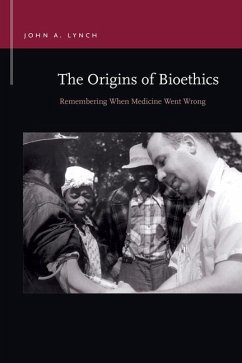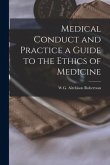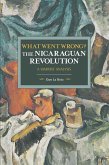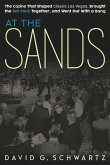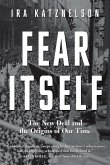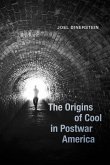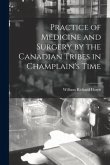The Origins of Bioethics argues that what we remember from the history of medicine and how we remember are consequential for the identities of doctors, researchers, and patients in the present day. Remembering when medicine went wrong calls people to account for the injustices inflicted on vulnerable communities across the twentieth century in the name of medicine, but sometimes these people bury this past and forget events in attempts to minimize their culpability. The call to bioethical memory then conflicts with a desire for "minimal remembrance" on the part of institutions and governments. The Origins of Bioethics charts this tension between bioethical memory and minimal remembrance across three cases that highlight the shift from robust bioethical memory to minimal remembrance to forgetting.
Hinweis: Dieser Artikel kann nur an eine deutsche Lieferadresse ausgeliefert werden.
Hinweis: Dieser Artikel kann nur an eine deutsche Lieferadresse ausgeliefert werden.

